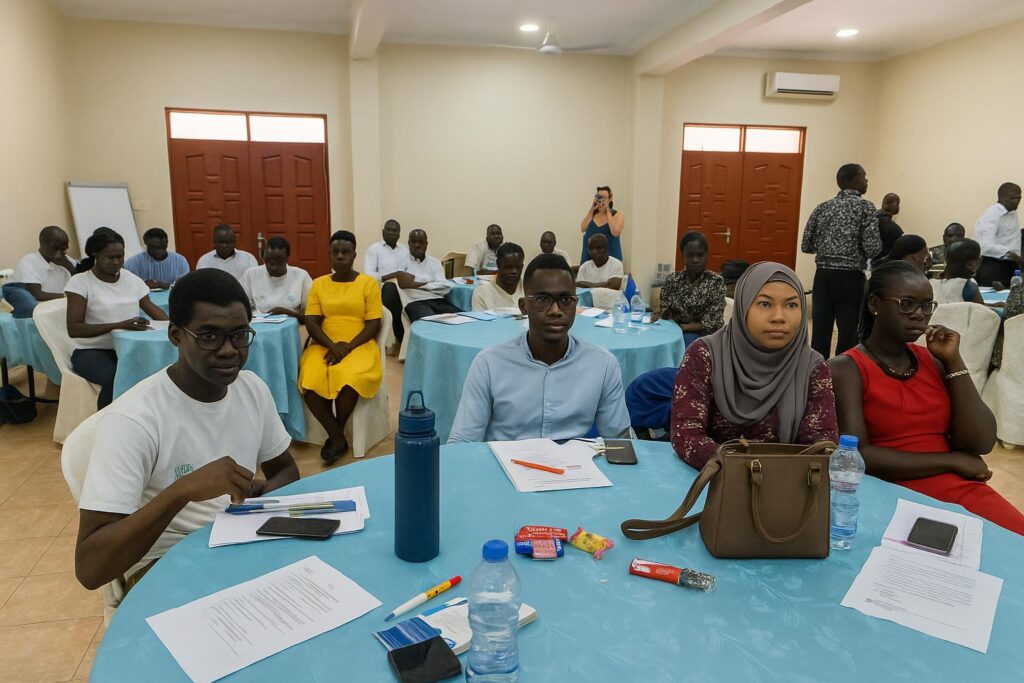National Elections Body Rallies Young Voters
Barnaba Mayor Deng, who heads public outreach at the National Elections Commission, used a youth dialogue in Juba to urge young South Sudanese to “own the democratic process” by voting and seeking office, echoing constitutional guarantees.
The forum, organised by Democracy Reporting International with UN electoral advisers and EU backing, marked the start of a nationwide drive that aims to turn a demographic majority into an informed civic force.
Six Civic Modules Target Awareness
Deng outlined six training modules covering democracy, elections, human rights, peace-building, inclusive participation and public governance, saying the curriculum simplifies complex institutions into relatable stories for schools, faith groups and local radios.
He argued that decentralisation gives citizens leverage at federal, state and county tiers, so understanding each layer will help voters judge candidates on service delivery rather than ethnicity.
Political Parties Open Doors to First-Time Leaders
With more than 75 percent of the population under 30, the NEC expects first-time voters to dominate the forthcoming rolls; Deng therefore encouraged youths to enrol in party structures to learn policy drafting and campaign ethics.
South Sudanese law allows citizens to vote at 18 and stand for parliament at 21, a threshold regional observers describe as a rare opening for teen activists to transition quickly into national leadership.
Closing the Gender Gap in Leadership
Friedrich Ebert Stiftung programme manager Alimure Ali Amwuda reminded participants that women remain under-represented, pledging that the EU-funded Raising Civil Voices project will mentor aspiring female candidates and sponsor dialogues in rural counties.
He urged young women to “seize every opportunity” in political, social and economic spheres, warning that postponing engagement risks cementing existing imbalances for another generation.
Optimism as Countdown to Polls Starts
Analysts interviewed after the event said sustained civic education could help South Sudan avoid the low turnouts that marred earlier consultations, while also reducing tension ahead of the first national election since independence.
For many participants, the session signalled a shift from conflict narratives to constructive nation-building, with one student saying the ballot “is our chance to replace bullets with ballots”.


